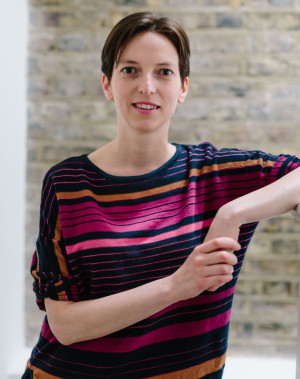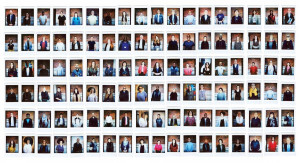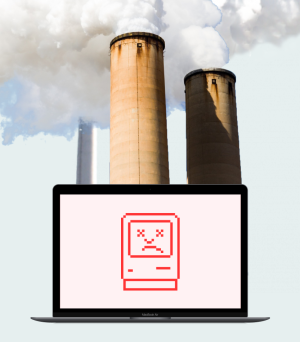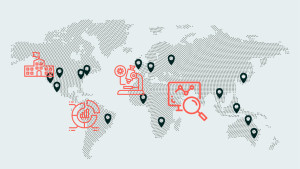In Conversation with Anna Desogus
From embracing personal experiences to looking at what history has to teach us for change on a bigger scale

Anna Desogus devoted the first chapter of her career to classical music, working as an artist manager in London. In 2016 she qualified as a health and running coach and set up a business in Wimbledon. Then in 2018, after 8 years in the UK, she moved back to her native Poland and decided to make one more career change. Driven by the desire to address some of the biggest challenges of today’s world, she founded ACP, a company offering zero waste and circular economy training and consulting.
What is your particular area of focus right now?
I'm focused on upstream innovation for plastic packaging. Whilst downstream is everything after consumption, like waste collection or improving recycling; upstream is all about design solutions. And I mean not only the design of the packaging but also of the product and the business model. It is estimated that around 80% of the environmental footprint of any product is determined during the design phase, so thinking upstream is key.
It's at the design stage where you can ask the key questions. Is it going to be repairable? Is it going to have toxic chemicals in it? How much extraction of primary resources will be required? What about the end-of-life stage? Is the product going to be actually recyclable in the market where it will be sold, or will it only be recyclable in theory?
What advice would you give others trying to change things?
When it comes to taking action on issues related to the environment, I think the personal experiences of individuals matter. To get through to a government or a company, we need to get through to the individuals. Our personal experiences create emotions and that’s a basis for a different kind of involvement . Now that you've sacrificed something or that you've invested energy and time to make a change, why the hell is everyone else not doing it, right? You need that personal experience to have a stronger voice when it comes to impacting change in your community or company and when it comes to demanding systemic change.
I've also often advised anyone who wants to make a change to really train that muscle of change in small actions, and with small choices, because you have to get used to being uncomfortable. And you have to get used to that uncertainty and to embrace it and have that space to be able to say ‘yes this is good’ because it's part of the process.
Finally, choose your battles. Don't try to make the change where no one wants it. There will be many other people who will welcome you with open arms and you’ll make fast progress and have an impact and maybe create change that will be inspiring to others, which is when you revisit those that were so resistant! They might have changed their minds by now!
Is there someone you particularly admire working to change things for the better?
There are so many really that it's so hard to pick. Definitely the Ellen MacArthur Foundation and Zero Waste Europe are the two organisations that have been very important in my work over the past two years.
Is there a particular tool or reference that you have found useful that you can share?
Recently I trained to become a facilitator of a workshop called Climate Collage. I’m very happy to be joining the fast growing international community of facilitators. I recommend everyone to take part in a Climate Collage workshop once. It’s very easy to become a facilitator too, so you can moderate Climate Collage for family, friends, or colleagues. The IPCC reports are rather big documents, and thanks to Climate Collage, you get to understand the climate science and the various complex connections in a fun, 3h workshop, based on collaborative learning.
Understanding the issues leads to action and acceptance of change. So it’s important to have a tool such as Climate Collage to be able to quickly get everyone on the same page when it comes to understanding the problem
What should we pay more attention to if we want to change things?
I think that first you have to understand the values of the company or community you are working with. What really matters for this particular group? Speak the language they will understand and want to listen too. Secondly, learn about and make use of their own wealth of knowledge. It’s often good to go back, look at traditions; the history. In many cases, you will find out that they, or others from their region or sector, have been doing something right in the past. It’s only in the last few decades that our working/living practices have changed to being so harmful for the environment. We should listen more to local and indigenous knowledge, and what people have known for so long.
Thank you Anna, one last thought on the future?
Well, maybe let’s go back to the topic we started with - innovations to solve issues caused by single use plastic packaging. When I look at the number of pilots and trials currently running which aim to reduce single use packaging through various strategies, such as elimination, reuse, refill, I hope that within five years we will see a significant change when we enter shops. I really think five years is enough for us to see these new solutions scaled up in Europe. The solutions are there.



